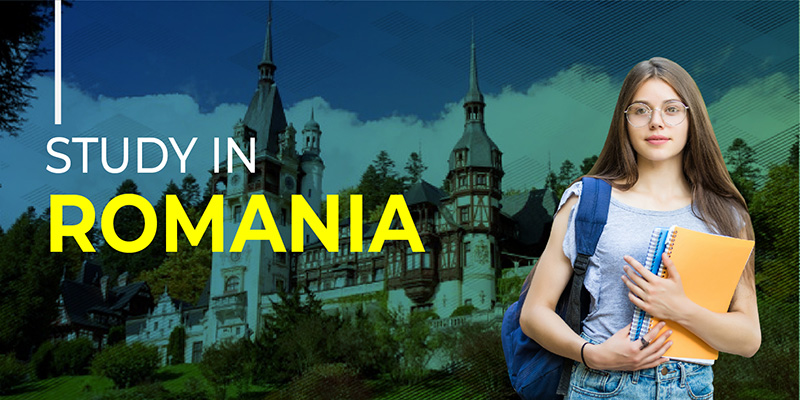
Why study in Romania?
1. Low tuition fees and living costs
In Romania, tuition costs are very affordable, especially when compared to other Western countries or even some European states. At public universities, most study programmes cost between 230 and 3,000 EUR per academic year. Additionally, if your average GPA or entry exam grade is high enough, you can occupy a state-funded place.
In terms of living costs, you should expect to pay anywhere between 300 and 600 EUR per month.
2. Active nightlife and fun events
Big student cities like Bucharest, Timisoara, Cluj, and Iasi are well-known for all-night-long parties, where people enjoy music, dancing, and having a laugh with their friends. If you're not a party enthusiast, there are many other events or activities in which you can participate:
▪ national and international festivals (e.g. theatre, arts, crafting, wine making)
▪ mountain trekking
▪ road trip on Transfagarasan or Transalpina
▪ spending a night at the Balea Lake Ice Hotel
3. English is widely spoken in student cities
Saying that English is widely spoken in Romania is only half true. The truth is, most young people will speak it fluently and you shouldn't have any problems in larger and more popular cities. You should also be fine at local supermarkets or while taking a train ride on well-travelled routes.
However, if you venture out to see the countryside or want to visit some of the most popular attractions, it's not always easy to find people who can offer guidance in English.
4. Romanians are friendly and lively people
Romanians are known for their Latin blood and for having a light heart. They share a great sense of humour and are often able to see the bright or funny side even in the most difficult situations. Romanians are also amazing hosts, who will do everything they can to ensure that their guests eat well, have fun, and enjoy their stay.
5. Visit amazing natural and human-made wonders
Romania is one of the hidden jewels of Europe, boasting a wide range of natural and man-made attractions that everyone should see at least once in their life. From centuries-old monasteries to amazing castles, from salt mines to large stone carvings, Romania has it all.
Here are some of the sites you should visit no matter what: the Bran and Peles Castles, the Palace of the Parliament, the Corvinilor Castle, the Rasnov Fortress, the Iron Gates, the Black Curch, Merry Cemetery of Sapanta, the Rock Sculpture of Decebalus, the Danube Delta, etc.
What is it like to study in Romania?
Romania has hundreds of exchange programs students. Lots of people pick it as their temporary home for the amazing nightlife and the great sightseeing they can do while here.
With clubs and bars that stay open until morning, to student discounts and youthful activities in its parks, Romania seems like a haven for the international students who want to combine a great education with a lot of fun free time.
As a major plus, many young Romanians speak (almost) fluent English, so getting around and asking for help shouldn't be very difficult.
As far as your education goes, the Romanian teaching system revolves around group projects and laboratory work, as well as written projects and in-depth research. Of course, it all depends on your degree and field; but, usually, you won’t be left only behind a book, rotting away in the library, but taken to see and operate first-hand what your future job will imply and require.
What to study in Romania?
Being home to some of the widest variety of degrees, it might be hard to start from scratch and decide on a degree. Still, based on our data, we managed to find the most popular study options in Romania. These are:
▪ Computer Science degrees in Romania
▪ MBA degrees in Romania
▪ International Relations degrees in Romania
▪ Political Science degrees in Romania
Where to study in Romania?
Romania’s capital, Bucharest, is one of the biggest cities in Europe, with over 1.8 million citizens. Although it has a great nightlife and is home of some of the biggest universities in the country, Bucharest isn’t the only great city you can choose for your educational destination.
For instance, you can study in:
▪ Study in Cluj-Napoca
▪ Study in Bucharest
▪ Study in Brasov
Which universities and colleges to attend in Romania?
If you’re still undecided, you can always go with our recommendations and check out these universities:
▪ Gheorghe Asachi Technical University of Iasi (TUIASI)
▪ University of Bucharest
▪ Romanian-American Universit